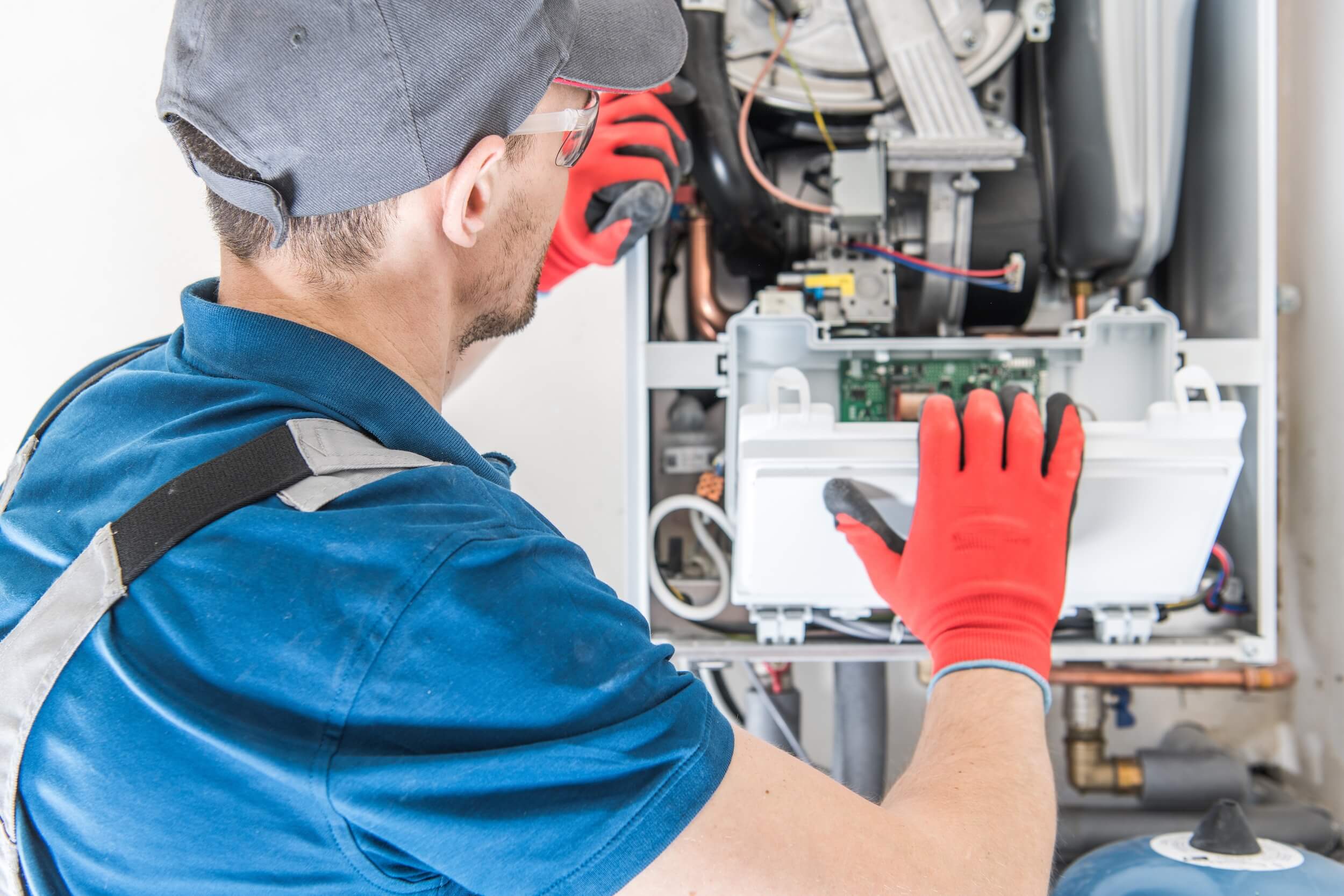Ways to Cope with the Major Hot Water Heater Urgencies
Ways to Cope with the Major Hot Water Heater Urgencies
Blog Article
Each person may have their personal thinking when it comes to Common Hot Water Heater Problems.

A hot water heater is just one of one of the most important standard home appliances that can be discovered in a home. With hot water heater, you do not need to go through the stress and anxiety of heating water manually whenever there is a demand to wash, wash, or the recipes. Nonetheless, there is constantly a possibility that your water heater would act up as with a lot of mechanical devices.
It is important to note any kind of little breakdown and also tackle it swiftly prior to things get out of hand. Most times, your water heater starts to malfunction when there is a build-up of sediments as a result of constant usage. As a preventative measure, regular flushing of your hot water heater is advised to avoid debris build-up and stop useful failing.
Typical hot water heater emergency situations and how to manage them
Leaking water heater storage tank.
In this scenario, you ought to turn off your water heating system, allow it to cool down, as well as meticulously look for the source of the issue. At times, all you require to do is to tighten up a couple of screws or pipe connections in situations of small leakages. If this does not function and also the leak continues, you may need to employ the services of a service technician for a proper replacement.
Changing water temperature level.
Your water heater can start generating water of different temperature levels typically ice cool or scalding warm. There might be a requirement to replace either the thermostat or the heating device of your water heater.
Inadequate warm water
It may be that the water heating unit can not support the warm water need for your apartment or condo. You can update your water heater to one with a bigger capability.
Stained or stinky water
When this occurs, you need to recognize if the concern is from the storage tank or the water source. If there is no amusing scent when you run cool water, then you are specific that it is your water heater that is damaged. The odiferous water can be triggered by rust or the buildup of microorganisms or debris in the water heating system tank.
Conclusion
Some homeowners neglect little caution and also minor faults in their water heater device. This just brings about additional damage as well as a possible full malfunction of your home appliance. You need to take care of your water heater mistakes as soon as they come up to prevent even more expenses as well as unnecessary emergency problems.
With water heaters, you do not require to go via the stress and anxiety of home heating water manually every time there is a requirement to take a bathroom, do the laundry, or the dishes. Your water heating system can start generating water of various temperatures generally ice cold or scalding warm. It may be that the water heater can not support the warm water need for your house. If there is no amusing odor when you run chilly water, then you are particular that it is your water heating unit that is damaged. The smelly water can be caused by rust or the buildup of bacteria or debris in the water heater container.
Common Water Heater Issues and What You Should Do
What Type of Water Heater Do You Have?
Before we begin it’s first important that you identify the type of water heater you have on your property. There are two main types of water heaters out there: conventional and high efficiency.
Both of these types of products typically use either gas or electricity to heat power. There are also solar water heaters that use a thermal collector on the roof or yard to heat the water.
While these models are not as common, they can cut heating costs in half. In this article, we will focus on conventional and high efficiency.
How Do My Electric and Gas Water Heater Work?
Though they look similar, electric and gas water heaters work very differently. It’s important to know their basic function because often problems can be specific to the heating source.
In the electric model, a thermostat on the side of the machine detects the temperature of the water in the tank. When the temperature needs to rise electricity flows to a heating element suspended in the water.
Gas models also use a thermostat device — typically with a mercury sensor at the tip and an additional sensor called a thermocouple. The thermocouple detects whether the pilot light is on and controls the flow of gas.
When the thermostat drops below the appropriate level gas is released which becomes ignited by the pilot light. The flame heats the bottom of the water tank which causes hot water to rise and cold water to drop.
This natural circulation continues until the water reaches the desired temperature. Then, the thermostat triggers the gas control valve to shut off the flow of gas.
What Are the Most Common Issues and How Do You Fix Them?
https://happyhiller.com/blog/common-water-heater-issues-and-what-you-should-do/

I'm just very curious about Warning Signs You Need Water Heater Repairs and I am hoping you enjoyed my piece. For those who enjoyed reading our post please be sure to pass it around. We appreciate reading our article about Is Your Water Heater Leaking?.
Hot water gone? Call. Report this page